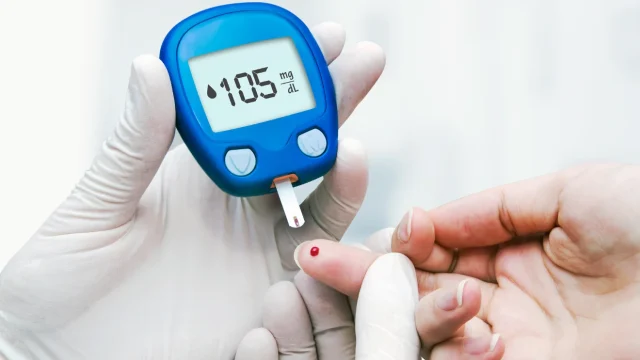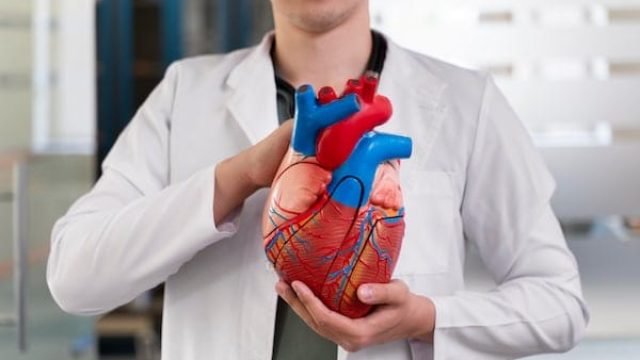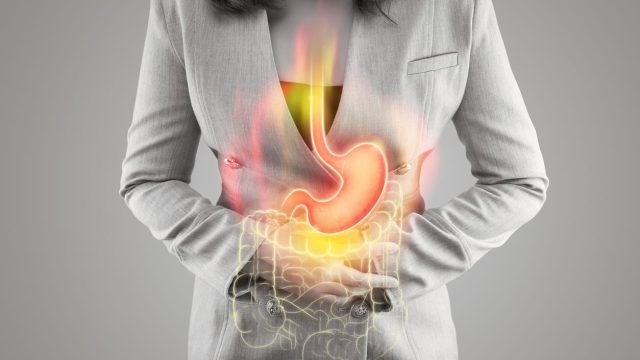Liver disease is a general term that refers to any condition affecting your liver. These conditions may develop for different reasons, but they can all damage your liver and affect its function.
What are the general symptoms?
Liver disease symptoms vary, depending on the underlying cause. It’s also possible for someone to have liver disease and not have any symptoms at all. However, Hepatitis NSW says that a few general symptoms can indicate some kind of severe liver damage.
These include:
- yellowish skin and eyes, known as jaundice
- pale, bloody, or black stools
- enlarged stomach due to ascites, which may make it uncomfortable to lie down or eat
- encephalopathy, a brain issue resulting in marked changes in mood, sleep, and cognition
What are some common liver problems?
Many conditions can affect your liver. Here’s a look at some of the main ones.
Hepatitis
Hepatitis is defined as an inflammation of the liver. It can cause liver damage, making it difficult for your liver to function as it should.
Five types of hepatitis include:
- Hepatitis A. Hepatitis A is typically spread through contact with contaminated food or water. Symptoms may clear up without treatment, but recovery can take a few weeks.
- Hepatitis B. This type of viral hepatitis can be acute (short-term) or chronic (long-term). While hepatitis B is treatable, there’s no cure for it. Early treatment is key to avoiding complications, so it’s best to get regular screenings if you’re at risk.
- Hepatitis C. Hepatitis C can also be acute or chronic. While it often doesn’t cause symptoms in its early stages, it can lead to permanent liver damage in its later stages.
- Hepatitis D. This is a serious form of hepatitis that only develops in people with hepatitis B — it can’t be contracted on its own. It can also be either acute or chronic.
- Hepatitis E. Hepatitis E is usually caused by drinking contaminated water. Generally, it clears up on its own within a few weeks without any lasting complications.
liver disease Treatments.
Many liver diseases are chronic, meaning they last for years and may never go away.
For some people, lifestyle changes are enough to control symptoms. These might include:
- limiting alcohol
- maintaining a moderate weight
Dr Mayank Agarwal











